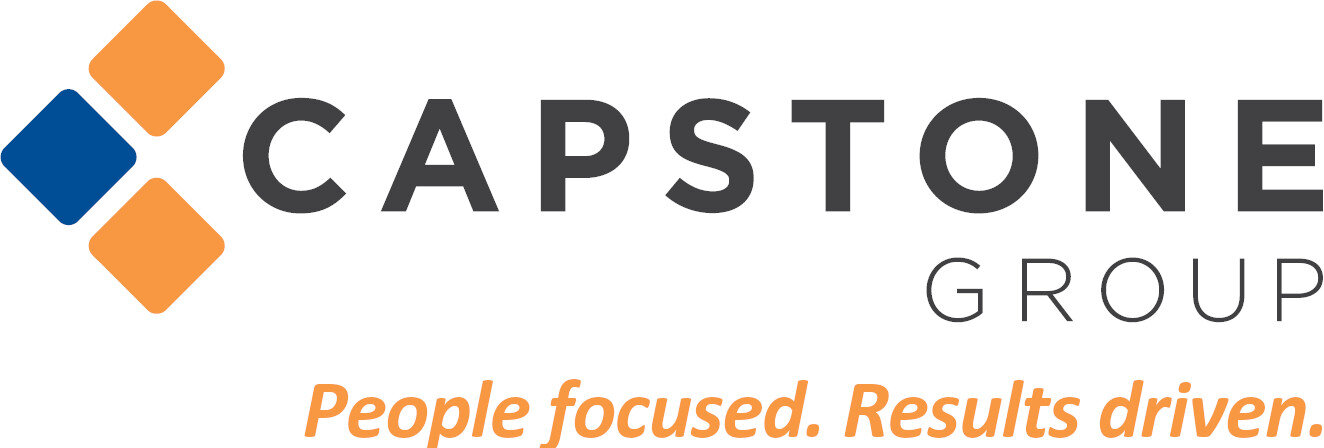The Affordable Care Act's "Cadillac tax" is creeping into the picture, starting in 2018. This tax entails a 40 percent increase in employer-provided health care insurance for single plans costing more than $10,200 and family plans over $27,500. As a result, employers are currently working to cut costs that have been rising for years in order to avoid this tax. Therefore, you may be seeing some changes to benefits provided by your employer during this fall's open enrollment period:
1) Encouraging healthy living: A recent survey found that 42 percent of employers were contemplating adding or expanding programs to improve employee health. These programs begin with a health risk assessment and coaching, which may include help to quit smoking, eat better, or manage chronic health conditions, to help employees improve their well-being. All of this is done with the hope that it will ward off future medical expenses.
2) Adjust Coverage: Companies have been raising deductibles, the amount someone pays before insurance coverage kicks in, which lowers the premium or cost of coverage and could cause employees to shop around for better prices. Many companies are also adding surcharges to the cost of coverage for spouses who have other health insurance options. If your spouse is able to get coverage through his/her job, your employer will most likely encourage that option.
It is also very possible that businesses will cut back on the usage of flexible spending accounts. These accounts allow workers to set aside money before taxes for out-of-pocket medical expenses.
3) Offer new alternatives: More employers and insurers are attempting to shave costs by providing telemedicine options that connect people virtually with a care provider through a smartphone, tablet or computer for relatively minor conditions. These visits can cost half as much as a trip to the doctor's office, which can run around $100 for people with high deductible coverage.
Some companies also are considering moving their employees to a private insurance exchange. For that coverage, employers give workers a set amount of money and then send them to an exchange that offers several different plans.
4) Wait out the debate: Some employers are choosing to not take action yet until they see what happens with the tax.
Republicans and Democrats are both calling for the repeal of the Cadillac tax because of worries that the threshold that trigger the tax will grow more slowly than the actual cost of care, which means that each year more and more plans will be subject to the tax.


